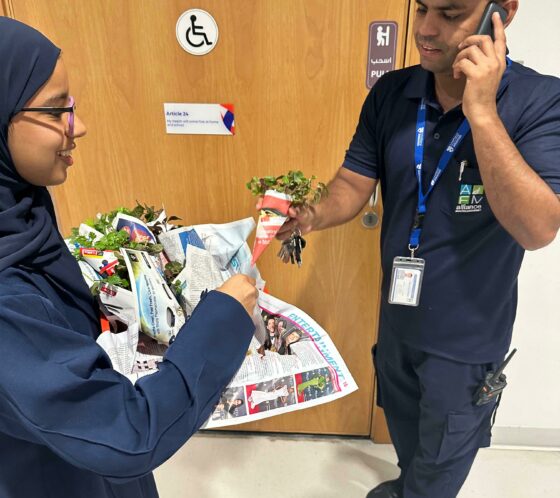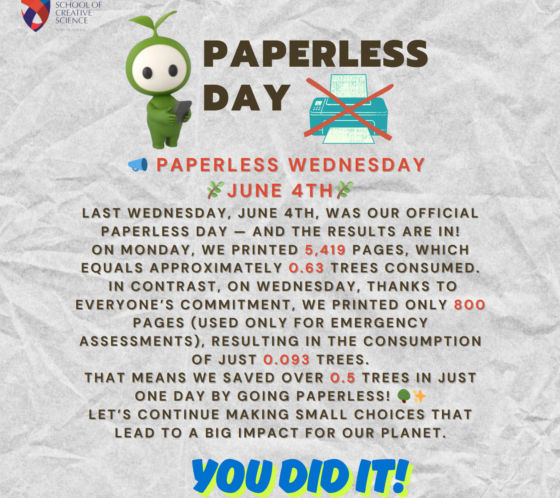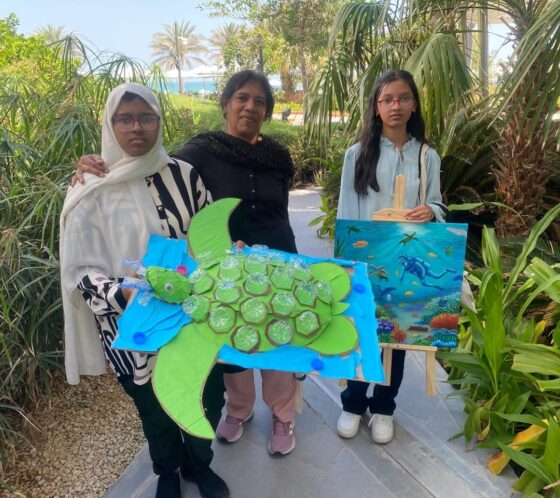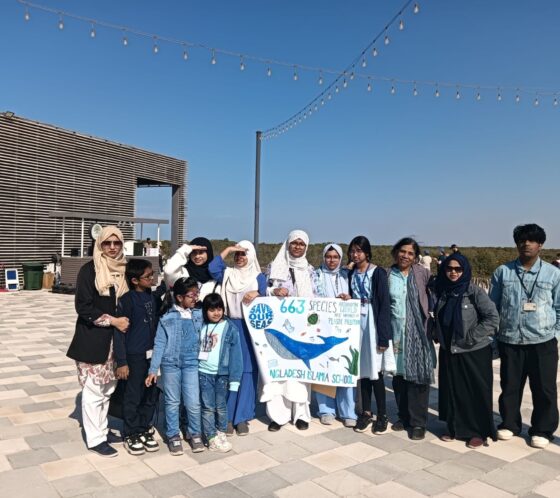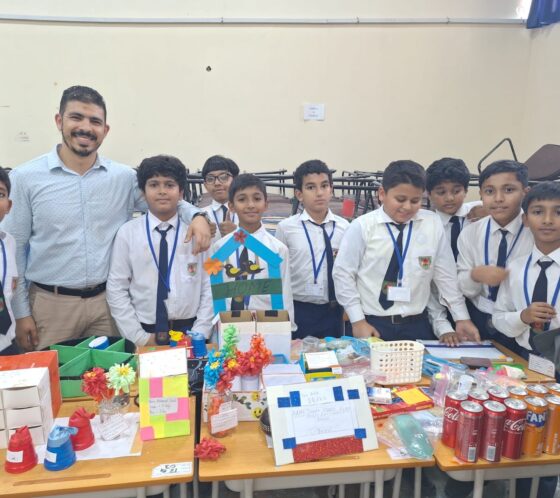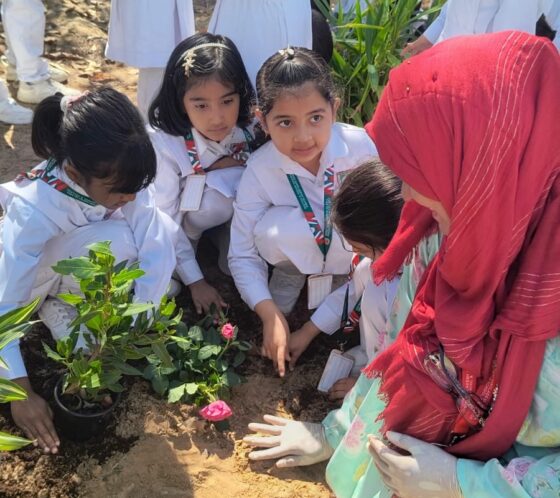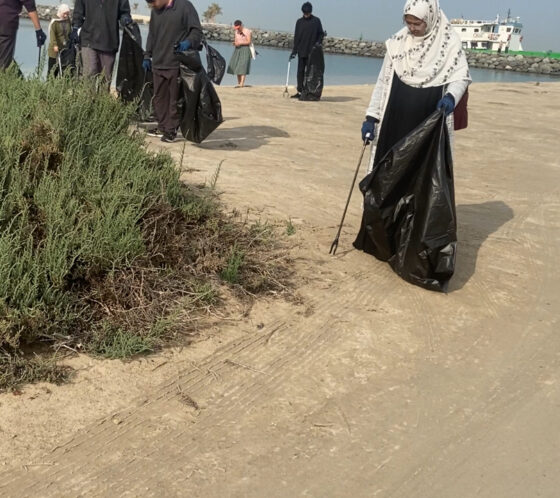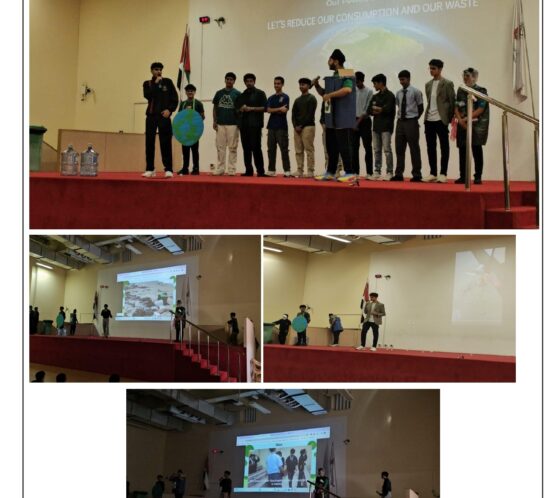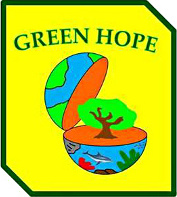There is good news out there and it’s worth celebrating, especially when it’s about how conservation efforts are succeeding in rebuilding environments, reintroducing animals, boosting wild populations and more.
With so much sad, bad and worrying news out there it’s easy to feel down, like our efforts won’t make any difference, and like there’s no hope. But there is always hope, and our efforts DO make a difference, as these good news stories show. So read, enjoy, celebrate and gain strength from knowing that every positive action makes a difference.
Blue whales return to South Georgia

Image by http://www.flickr.com/people/mikebaird/
South Georgia is located in the Southern Atlantic Ocean, and is close to Antarctica. For decades in the late 19th and early 20th century, whaling ships would hunt in these waters, catching and killing whales for their skin, oil, fat, baleen and more. These ships completely decimated the blue whale population, and at their peak would catch upwards of 3,000 whales a year.
But recent data suggests that whales, which haven’t been seen in the waters around South Georgia for decades despite being rich in krill and other food that the whales eat, have started to return. In fact, 58 have been seen over the last year!
This shows that whale conservation efforts are working, and that if we protect species and their habitat, they CAN recover. That’s something worth celebrating.
Read the full story on the BBC website
The first beaver dam on UK moor in 400 years!

The eurasian beaver. Photo by Per Harald Olsen . Creative Commons
Beautiful beavers are a type of rodent, famous for constructing dam. However, they were hunted to extinction in the UK in the 16th century as their fur was prized for clothing.
They are an essential part of the natural environment in the UK, and in particular their behaviour – building dams along water courses – is one of the key ways water flow is slowed. Beaver dams cause small, localised patches of flooding, which means water moves downhill slowly, as opposed to quickly flowing which can cause large scale flooding downhill and downstream.
In 2009, beavers were reintroduced to the UK and have been released in a few protected areas across England, Wales and Scotland to great success.
In the autumn of 2019, a pair of beavers were released onto Exmoor in Somerset by the National Trust and this year, they’ve built a dam!
Read the full story on The Guardian website.
A new treaty means better wildlife protection
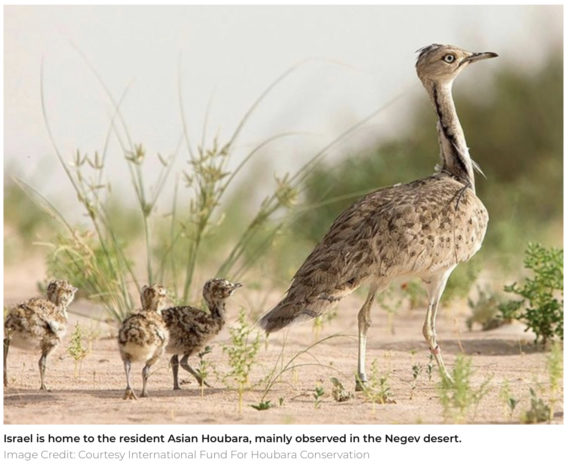
The beautiful Asian Houbara bustard, a mostly ground-dwelling bird that lives in the Negev Desert, is endangered, and it’s not the only bird that faces threats.
But people can work together to save it, reaching across borders and between countries to team up, share knowledge and resources, and make a big difference. After all, wildlife doesn’t know about borders!
This new treaty between Israel and Abu Dhabi will mean more scientific research, more field work, conservation and breeding programmes, and means experts can work together to help save the Houbara and other threatened birds and wildlife. Hooray!
Read more on the Gulf News website.
The activists making a difference around the world

The recipients of the 2020 Goldman environmental prize, on The Guardian website
The results of the Goldman Environmental Prize have just been announced, and it’s packed full of inspiration. The prize recognises and honours the work of grass-roots environmental activists who have worked hard to make a difference, protecting the environment and working to safeguard wildlife.
The list includes Kristal Ambrose who spearheaded the campaign to get the government of the Bahamas to ban single-use plastic and styrofoam cups to Nemonte Nenquimo, an indiginous Waorani Ecuadorian woman who led a successful campaign to get legal protection for a huge area of the Amazon from companies who wanted to dig for oil.
Read about their achievements, and know that with passion, hard work, teamwork and support big things can happen.

